Beyond donations: The best ways how you can support game-changing ideas

You want to make a positive impact but look for ideas other than traditional donations? Here we feature various platforms which allow you to achieve a great positive impact by blending philanthropy and investing.
Donations are on the decline, but still in. 18.7 million Germans donated in 2022, an average of 43 euros for every donation made, and about seven times a year. WWF Germany, for example, benefitted from over 700,000 supporters in 2022 – more than in previous years, despite the Corona pandemic.
But making a donation is not the only way to support a good cause. In some countries like Germany, there exists a quite rigid interpretation of which causes are eligible to make a donation. There even exists a positive list to define what is charitable and what not. Carnival is on that list, as is amateur radio or model flying (see §52 of the German Abgabenordnung, i.e. tax code). Other things that seem important to us are not. A social business that fights climate change or supports disadvantaged children does not per se qualify as a charitable organisation and therefore cannot issue a donation receipt.
Good to see that there exist great options to make a positive change beyond donating. Be inspired by the 16 online platforms that we feature below, often blending elements of philanthropy and investing.
Startnext, Kickstarter & Co – Join an impact-focused crowdfunding campaign!
There is a whole plethora of crowdfunding platforms, large and small, internationally networked or local. We will limit ourselves to three, which you can use to support social entrepreneurship projects that change the world positively with fresh ideas.
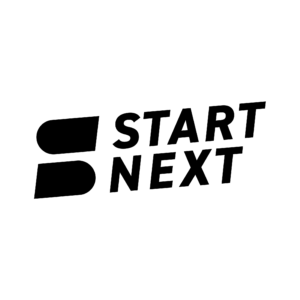
Startnext
Startnext is the largest crowdfunding platform in Germany. It has an explicit segment for social business ideas. You can support social business models, for example by buying a sustainable product whose production is pre-financed through crowdfunding. Here you will find a wealth of initiatives and a lot of inspiration on how we can make the world a little better! In addition, there are regular campaigns that address specific societal challenges, e.g. related to overcoming the pandemic.

Kickstarter
Kickstarter is the largest crowdfunding platform in the world. Over 250,000 projects with more than 7 billion US dollars in funding have been mobilised through the platform. Remarkable from our point of view: The company is ethically certified as a B Corp and became a Public Benefit Corporation in 2015. The company’s articles of association stipulate that management must consider the interests of employees, the environment, the local communities or other stakeholders in the same way as the interests of the company’s shareholders – a remarkable step towards a purpose economy. The spectrum of projects featured on Kickstarter is very broad and unfortunately without a specific “impact” focus. It is not always easy to quickly identify the most promising social impact projects.

Ecocrowd
Ecocrowd is a small crowdfunding platform from Germany that is anchored in the environmental scene. It is supported by the German Environmental Foundation (Deutsche Umweltstiftung). Ecocrowd fills a gap as it funds also (environmental) projects that are not embedded in a charitable context. Hence, you also find unconventional projects there. Most larger donation platforms like Betterplace.org now only accept non-profit projects. At Ecocrowd, the majority of projects still have a donation-like character. It is about raising money for projects and initiatives and rather rarely about pre-financing a product with support of the crowd. The rewards are often symbolic, it is all about the common good cause.

You can, for example, currently support Grome Harvest via Startnext,
and thus network your company with urban gardening initiatives.
Bettervest, GLS Crowd & Co – Invest in sustainable projects and start-ups!
Why donate when I can perhaps achieve greater leverage through a social investment? This is the rationale of several crowd investment platforms that specifically focus on funding impact project and businesses. Unlike a donation, you get your money back (and even earn some interest) if the project is successful.
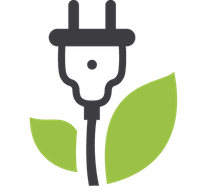
Bettervest
The investment platform Bettervest, founded by Patrick Mijnals and Torsten Schreiber, now finances a good portion of projects in developing and emerging countries, such as solar home systems or energy-efficient cook cookers for Kenya. In addition, Bettervest is committed to advancing the energy transition in Europe and cooperates with Triodos Bank for this purpose. Typically, investments can be made from €250 onwards.

GLS Crowd
Not to be confused with GLS Gemeinschsaftscrowd, the former donation platform of the GLS Foundation which funded smaller social projects. The investment platform GLS Crowd positions itself at the other end of the spectrum from donations to investments and raises capital via the crowd mainly for projects that require several million euros of capital and are solidly positioned. Currently, for example, a project that promotes housing for the elderly and disabled, as well as a start-up that focuses on low-emission, forward-looking and space-saving mobility in cities, can be found on the platform.

Econeers
For a long time, the green sister platform of Seedmatch mainly financed solar projects. In the meantime, Econeers has also become a platform for start-ups to finance their business ideas. The declared goal of Econeers is to advance the ecological turnaround together with the crowd.

OnePlanetCrowd
The Dutch crowdfunding platform OnePlanetCrowd is enormously versatile. It offers both donation projects and impact investment, the latter in the form of bonds, some of which can also be converted into equity. One of its biggest hits: Fairphone was able to raise two and a half million euros in capital through the platform in 2018. 1800 supporters invested between 250 and 5,000 euros.
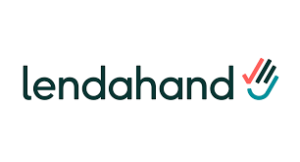
Lend a hand
The crowd investment platform Lend a hand is a hidden champion. Since its foundation, this little-known platform from the Netherlands has raised more than 140 million euros in capital for small and medium-sized enterprises in developing and emerging countries, helping people out of poverty by creating new jobs. Lend a hand goes its own way: while most internationally active crowdinvestment platforms either use the capital for projects that can be calculated from A to Z (such as a photovoltaic system) or limit themselves to the microfinance sector, where the credit risk is spread over many hundreds or thousands of micro-borrowers, Lend a hand finances real businesses. And this in countries like Cambodia, Indonesia or Uganda. The platform fills a gap that the regular capital market leaves open.
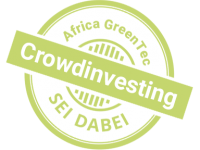
Africa GreenTec
Why raise capital through an existing platform when I can do it myself? – Africa GreenTec is currently doing just that. And it is optimally prepared for this. As a former co-founder of Bettervest, Torsten Schreiber is himself a proven crowd investment expert. And he is excellently networked. The Africa GreenTec Facebook page has more than 1.2 million fans. A 2020 campaign raised over 1.5 million euros, making it probably the most successful crowdfunding campaign for an impact business from Germany. A new campaign is running until 30 June 2023 in which people can invest directly in Africa GreenTec; over 2 million have already been invested. Torsten does not handle the crowdfunding processes and the legal anchoring himself. FFAV, Frankfurter Finanzanlagenvermittlung GmbH, works in the background.

Those who invest via the crowdlending platform Lend a hand,
creates good jobs all over the world.
Donation with a money-back guarantee
It is actually astonishing how sharply a distinction is made in our world between donating and investing. From a financial perspective, a donation is the same as an investment, only with a total loss on day 1. With an investment, on the other hand, it is expected that the money will be returned 100% plus some form of interest or appreciation. Kiva shows that there is something in between. If you join Kiva.org, you can get your money back if you want. But without interest and compound interest, as is usual in the capital market. Most users, however, “recycle” their contribution and support the next project with their credit balance. This creates a continuous cycle.
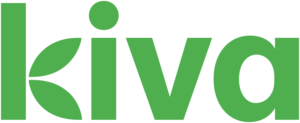
Kiva
The organisation Kiva has already raised 1.5 billion US dollars to help people in developing countries improve their lives through microcredit. Almost two million people have participated in Kiva so far. The idea: Instead of donating an amount, you give an interest-free microloan via the Kiva platform to someone who uses it to finance a sewing machine, a new water pump for field irrigation, or a solar system for the village shop in another part of the world. When the loan expires, the money flows back to you. The system works so well because Kiva itself only does the communication part. The money goes to established microfinance institutions in the respective countries. The catch: the local partners do not give the loans to the end customers interest-free, because they need the margin to finance their work. The idea of microcredits was developed by Muhamad Yunus, who later won the Nobel Prize, in Bangladesh. They can achieve enormous things, as in many countries poorer people have no access to capital or only at horrendous conditions; however, they can also put people in financial distress if the business model does not work out.

Those who grant small loans through Kiva help people in
developing countries to improve their lives.
Buy a share of a cooperative!
Participating in a cooperative is – compared to classic capital investments – surprisingly easy. It is often enough to fill out a two-page document and confirm that you have read (and understood!) the articles of association. This is possible because cooperatives are comparatively strictly regulated and the respective cooperative auditing association not only checks formal criteria but also takes a critical look at the business model. There are a number of cooperatives that are aimed at the general public, which means that anyone can participate. Here are a few examples that illustrate the range of topics:
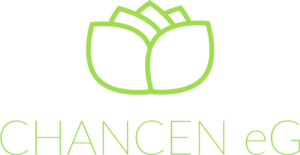
Chancen eG – Free access to education, for all!
This is the motto of Chancen eG, a cooperative founded by students at Witten-Herdecke University, which finances scholarships for students and trainees throughout Germany who – in accordance with a reverse intergenerational contract – pay them back later. Similar models also exist in an international context. For example, it is also possible to participate in Student Finance Africa and thus finance studies for students from different countries in Africa. This is also not a donation, but an impact-oriented investment.
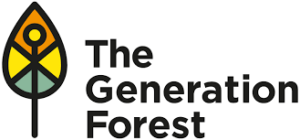
The Generation Forest eG – the natural climate solution
The Hamburg-based cooperative The Generation Forest takes over land which has been cleared by cattle farmers in Panama in which is of no use any more because of continued soil erosion. The cooperative reforests the lands with native precious woods. After 10-20 years, a biodiverse forest is created that pays off financially through selective sale of timber. The idea: if it pays off financially to preserve tropical forests permanently, then the whole thing can be scaled up almost indefinitely. This is a decisive advantage over the many tree donation projects that now exist. In the “green” sector, there are many other cooperatives that issue shares, such as the BioBodengenossenschaft or Permagold eG, both of which are committed to the agricultural turnaround in Germany, or the Hylea cooperative, which strengthens indigenous communities in Bolivia by importing and processing Brazil nuts.
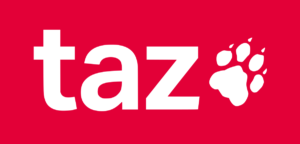
taz, die Tageszeitung – independent journalism
There are forest cooperatives in Germany that have existed for 300 years. The taz cooperative celebrates its thirtieth birthday this year. Nevertheless, it has made history. In the past, cooperatives were usually closed circles, such as associations of several farmers who shared harvesting equipment or a hayloft. Cooperatives also have a long tradition in finance and insurance; Friedrich Wilhelm Raiffeisen achieved great things here more than 100 years ago. However, the idea of opening cooperatives to the general public and using them to finance social business ideas is new. With this, taz has taken a decisive step towards repositioning its own company as a democratically organised social business – and this long before the concept of a social business brought up by Nobel Peace Prize winner Muhama Yunus spurred on the discussion about a stakeholder economy.

At The Generation Forest, you can build your own climate protection forest:
Not as a donation, but as a piece of community property.
Donate to an organisation that employs your funds as philanthropic investments
The idea may seem unusual at first glance. Why not donate money, but select a beneficiary organization which uses the money to make investments. The idea may sound illogic, but it is quite charming. It enables organisations to invest the money purely according to impact criteria. Because even if part of the money cannot be repaid by the beneficiaries, there is still a good part left over with which the organisation can invest a second, third or fourth time. And if the investments are also financially successful, a perpetual cycle is created through which new impact businesses can be supported. This is a strong approach, especially for the poorest of the poor countries, which investors give a wide berth to. After all, investing in social businesses is ultimately helping people to help themselves, as self-sustaining business models are developed. All three organisations listed are primarily financed by money provided by large foundations and philanthropists, but they are also committed to winning over supporters with small sums of money for themselves and their ideas.

Yunus Social Business
Founded by Saskia Bruysten in Frankfurt 10 years ago, Yunus Social Business has established itself as a strong player in the social business scene worldwide. The organisation invests funds provided by foundations or philanthropists and invests them in innovative start-ups in developing and emerging countries. Focus countries are currently Brazil, Colombia, India, Uganda and Kenya. There are also projects in difficult countries such as Haiti. The common thread is the focus on social businesses, which are characterised by the fact that their profits are not distributed to outside shareholders, but are used for the benefit of the company or to increase its positive impact. Logically, the organisation itself is also a social business.

Root Capital
Root Capital has been in the market since 1999 and is one of the pioneers who recognised early on that small farmers in Latin America, Africa and Southeast Asia do not need donations, but also cannot meet the conditions of purely market-oriented investors. The organisation helps farmers with financing that is precisely tailored to their needs. This with success: according to its own figures, the organisation from Cambridge, Massachusetts, has been able to provide more than 1.5 billion dollars in loans to small farmers.

Acumen
Acumen is a non-profit investment fund. Founded in New York in 2001, the organisation invests in social enterprises in developing and emerging countries that make a decisive contribution to poverty reduction. Acumen has invested well over 100 million US dollars in impact companies, including in the agricultural, energy and health sectors. A few years ago, Forbes magazine named founder Jacqueline Novogratz one of the 100 greatest living “business minds”. Acumen has been pursuing the vision of a purpose economy long before the term was coined.
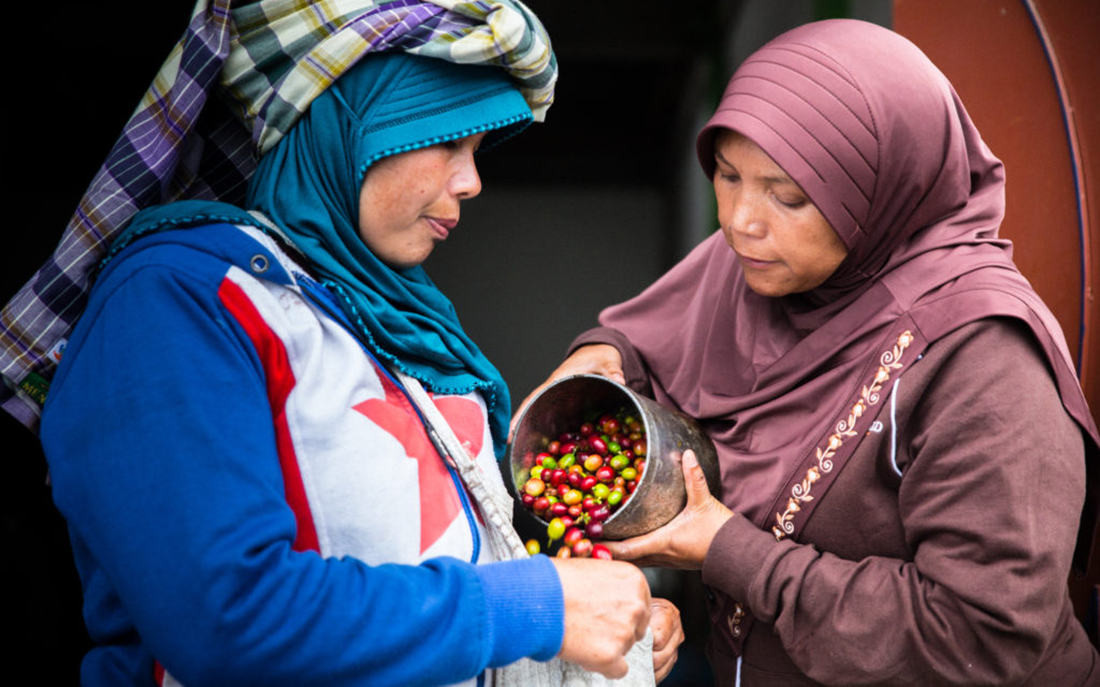
Root Capital helps smallholder farmers with financing,
that is precisely tailored to their needs.
This article has been originally published on 17 May 2022 and has been updated on 15 June 2023 by the editors.

